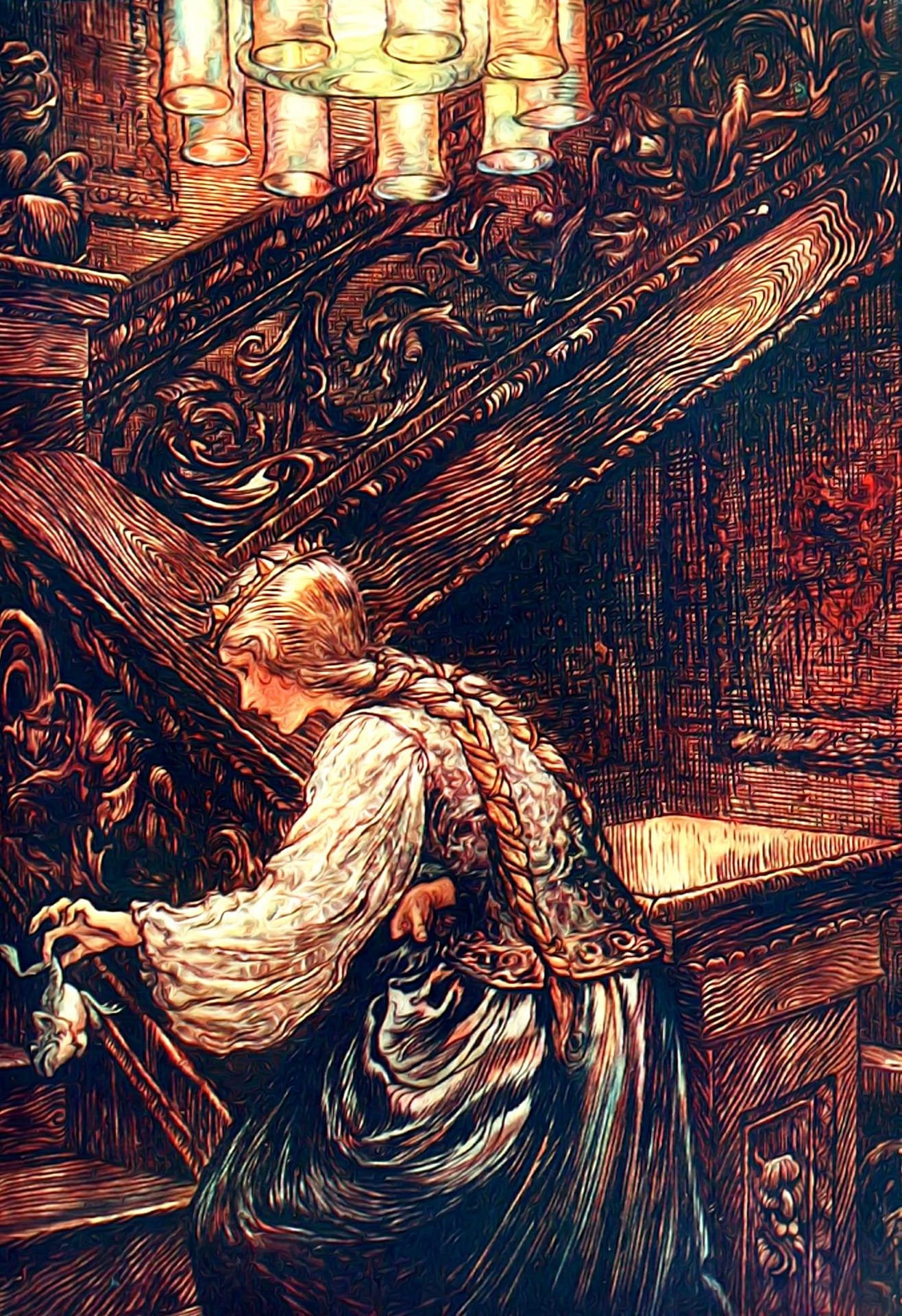C.S. Lewis was a prolific Irish writer and scholar best known for his “Chronicles of Narnia” fantasy series and his pro-Christian texts. He is also one of the most well-known, widely read, and frequently quoted Christian authors of modern times.
Born on November 29, 1898, in Belfast, Ireland, C.S. Lewis went on to teach at Oxford University and became a renowned Christian apologist writer, using logic and philosophy to support the tenets of his faith. What most people don't know, however, is that C.S. Lewis had some unique views on life. He loved to drink and lived secretly with a woman for years, which are a bit off from the typical suited man you may think of. He had a different view of Christianity that was very different from those of his time. Here are some you may have never known about.
Divine Love
Lewis differentiated between unconditional divine love and the lower forms of love. In his book “The Four Loves,” Lewis argued that divine love is the only form that enables a person to love without regard to self-interest. He believed that divine love was supernaturally implanted into humans by God, a phenomenon Lewis calls “the moral law.” According to a PBS biographical essay on Lewis, he believed that the Christian definition of love was what differentiated it most from alternative religions.
Evolution
Whether Lewis believed in evolution by the time of his death is a matter of debate. He stated earlier in life that he had no problem with Darwinian explanations for the origins of life, and we know that Lewis refused to write a preface for an anti-evolutionary work, claiming he wasn’t qualified. When it came to the first book of the Bible, Lewis said, “I have therefore no difficulty in accepting, say, the view of those scholars who tell us that the account of Creation in Genesis is derived from earlier Semitic stories which were Pagan and mythical.”
Human Free Will
Lewis believed in the doctrine of human free will. In his book “The Problem of Pain,” Lewis argued that God allows suffering in the world in order to ensure human free will. He argued that true love and goodness are impossible without free will. Toward the end of his life, Lewis wrote the book “A Grief Observed” to explore the meaning of his own suffering after his wife died of cancer.
Salvation
The final book in "The Chronicles of Narnia" features a character named Emeth who had spent his life worshipping Tash (Narnia’s take on a false god) instead of Aslan (Narnia’s Christ figure). However, when Emeth finally meets Aslan, he is told that his service to Tash had really been worship of Aslan all along, on account of his purity of heart. This is not exactly Universalism, as Lewis makes clear, but it is a significantly wider view of salvation than is generally accepted in many evangelical circles. He believed that some people, even after they had passed, would be able to find God in this similar way. It was not salvation because of goodness, but because it was a spirit-driven desire.
In the book, he writes: "[Aslan] answered, Child, all the service thou hast done to Tash, I account as service done to me. Then by reasons of my great desire for wisdom and understanding, I overcame my fear and questioned the Glorious One and said, Lord, is it then true …that thou and Tash are one? The Lion growled so that the earth shook (but his wrath was not against me) and said, It is false. Not because he and I are one, but because we are opposites, I take to me the services which thou hast done to him. For I and he are of such different kinds that no service which is vile can be done to me, and none which is not vile can be done to him. Therefore if any man swear by Tash and keep his oath for the oath’s sake, it is by me that he has truly sworn, though he know it not, and it is I who reward him. And if any man does a cruelty in my name, then, though he says the name Aslan, it is Tash whom he serves and by Tash his deed is accepted."
Scripture
Lewis believed the Bible was the Word of God, but he did not think that meant every word in Scripture ought to be regarded as literal history. Shortly before he died, Lewis commented in "Reflections on the Psalms", that Christians “still believe (as I do) that all Holy Scripture is in some sense—though not all parts of it in the same sense—the Word of God.” This deviates a bit from what most modern conservative Christians understand.
Atonement
Many Christians have strong and specific views on what Christ’s sacrifice means and what it accomplished. Lewis, however, seemed to be more vague. In “Mere Christianity”, Lewis admitted not knowing how the atonement worked: “The central Christian belief is that Christ’s death has somehow put us right with God and given us a fresh start. Theories as to how it did this are another matter. A good many different theories have been held as to how it works; what all Christians are agreed on is that it does work.”
C.S. Lewis is loved by the evangelical circle, but many of them would be shocked to learn that some of his beliefs don't quite match up to what they believe today. Many are progressive in nature and don't defend the faith in the same way a modern conservative Christian would.


